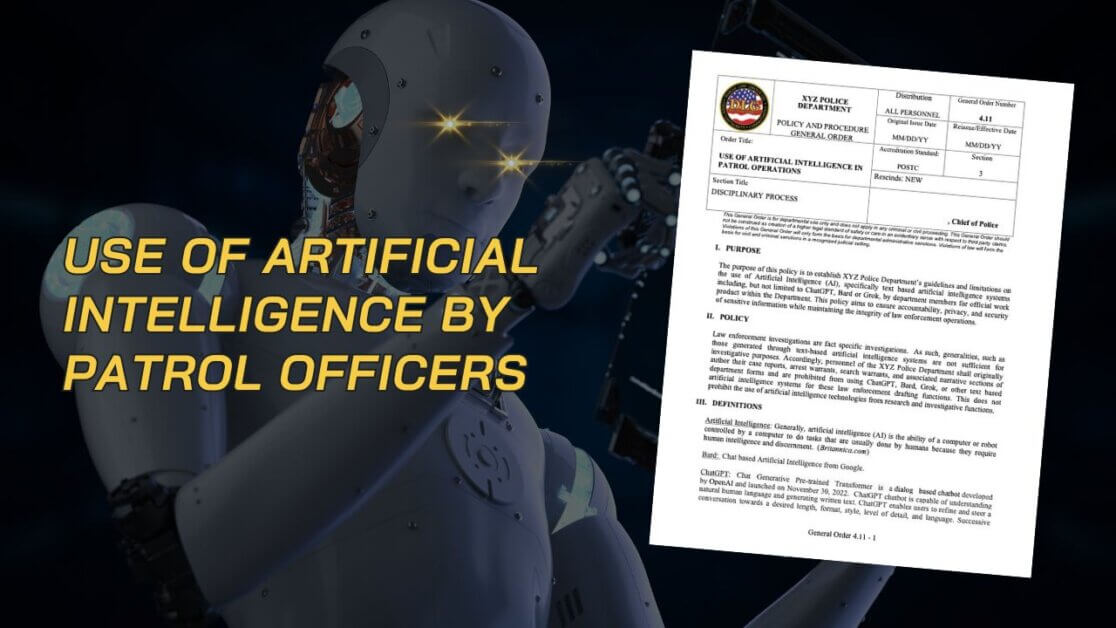The Eleventh Circuit case of United States v. Sanchez involved a warrant for the seizure of a cell phone. The court cited Riley v. California, which held that a person has a reasonable expectation of privacy in the data contained in their cell phone, including the call log. The court in Riley declined to extend the incident to lawful custodial arrest exception to the warrant requirement to cell phone data, meaning a search of a cell phone must generally be conducted with a warrant. When a cell phone is found by police and seized for safekeeping, it should be considered lost or mislaid property and its contents should only be examined to determine its owner.
Police officers obtained a warrant to seize Romeo Sanchez’s cell phone (Phone 1) and search it for evidence related to a child pornography investigation. When they arrived at Sanchez’s house, he came out to the driveway and told the officers he lived there with his parents. The officers showed him a copy of the warrant for Phone 1 and told him they were there to seize the phone. Sanchez agreed to give them the phone.
When Sanchez’s parents returned home, Sergeant Kaye informed them about their son being questioned in an investigation. Later, when the detectives were speaking with Sanchez, his parents came over and the officers were discussing the warrant for Phone 1. Sergeant Kaye suggested that Sanchez’s parents retrieve the phone, to which Sanchez agreed, saying that his parents knew where it was located in his room.
When Sanchez’s parents returned home, Sergeant Kaye informed them of their son’s questioning in an investigation. Later, as the detectives were speaking with Sanchez, his parents approached and the officers discussed the warrant for Phone 1. Sergeant Kaye suggested that Sanchez’s parents retrieve the phone, and Sanchez agreed, stating that his parents knew where it was located in his room.
A few months after the officers seized Phone 1, Sanchez was arrested at his place of employment. During the arrest, he attempted to conceal another phone (Phone 2) from the officers, who then seized it and obtained a warrant to search it. The search of Phone 2 uncovered evidence of another child-victim and additional images of child pornography.
The government charged Sanchez with various criminal offenses based on evidence found on both phones. Sanchez filed a motion to suppress all evidence obtained from the two phones. First, he argued that the officers, without a warrant, violated the Fourth Amendment by entering his home to retrieve Phone 1, despite having a warrant to search it. Second, he argued that the warrant to search Phone 2 was based on evidence discovered from Phone 1 and was, therefore, “fruit of the poisonous Phone 1 tree.” The district court denied Sanchez’s motion, and upon his conviction, he appealed.
The Eleventh Circuit Court of Appeals ruled that Sanchez had given verbal consent for the officers to seize Phone 1 from his home, as he had said he was “fine” giving the phone to the officers and had indicated where it was located in his room. The court also found that his mother had given nonverbal consent to allow Sergeant Kaye to enter the home to retrieve the phone. The court noted that it has previously recognized that consent can be nonverbal, such as silently accepting an officer’s request to enter a home for the purpose of retrieving an object. In this case, the court deemed the officers’ entry into the home and retrieval of Phone 1 as lawful based on the verbal consent given by Sanchez and the nonverbal consent given by his mother. Therefore, the subsequent search and seizure of Phone 2 was not considered tainted.
Takeaways
Good police work was demonstrated in this case: the officers arrived at the home with a warrant, and they also calmly and respectfully obtained Sanchez’s consent to retrieve the phone from his home. Sergeant Kaye went even further by asking Sanchez’s mother for her consent to enter the home. It is a good practice to accompany someone when asking them to retrieve a cell phone, as evidence can be easily tampered with or deleted from a phone in a matter of seconds. The important lesson here is that a warrant is required to search someone’s phone, and as stated in Riley, phones are protected by Fourth Amendment rights.
United States v. Sanchez, 30 F.4th 1063 (11th Cir. 2022)



